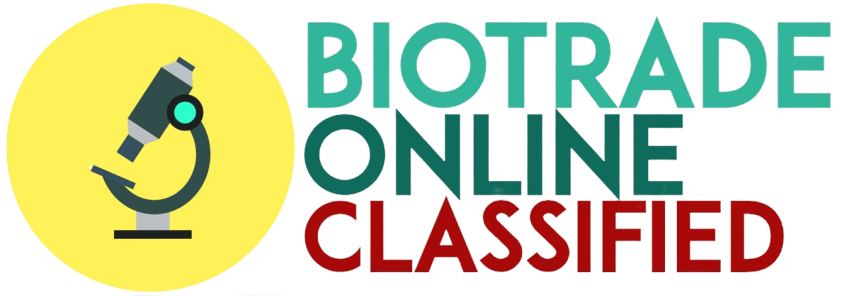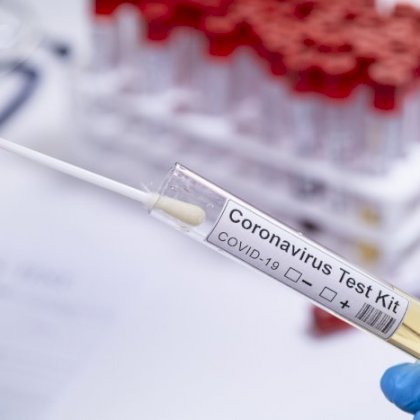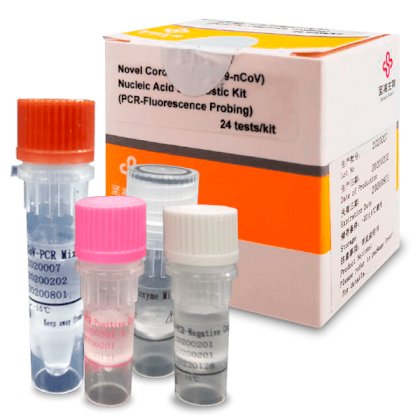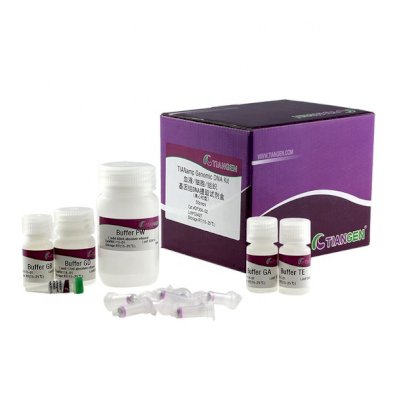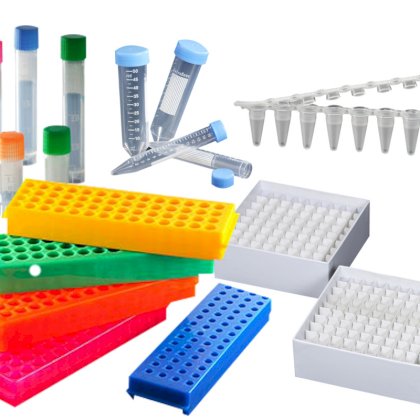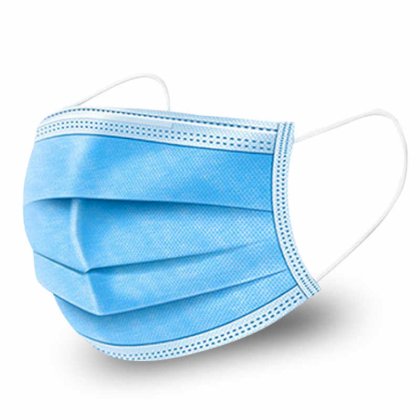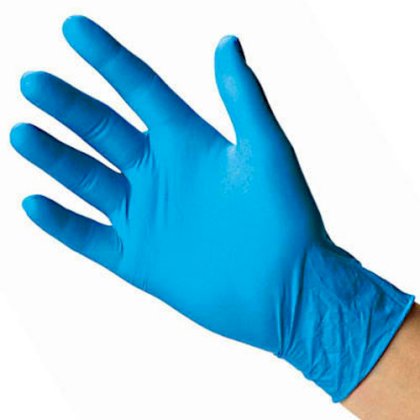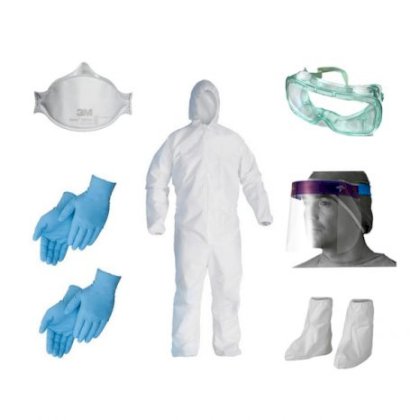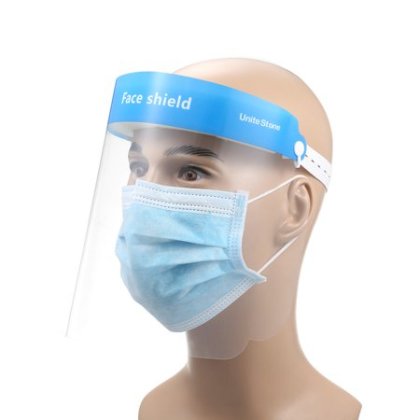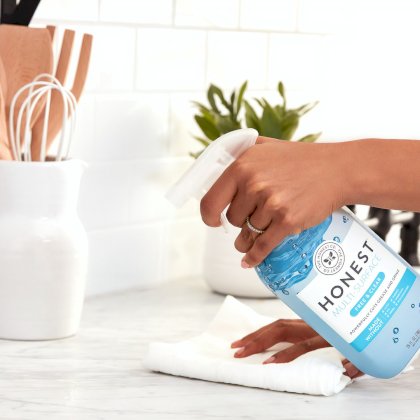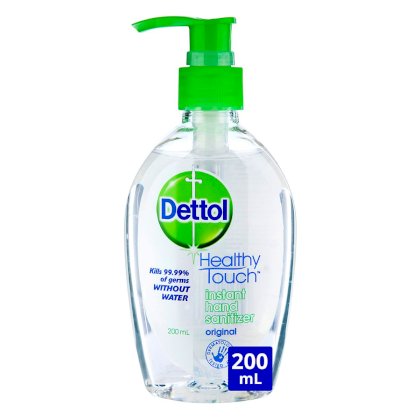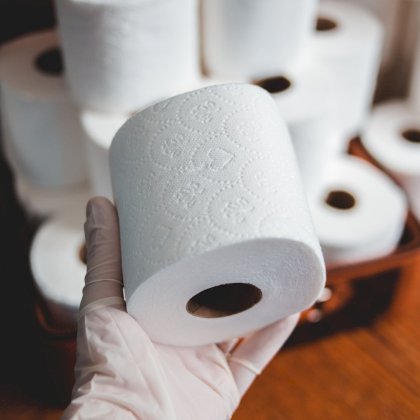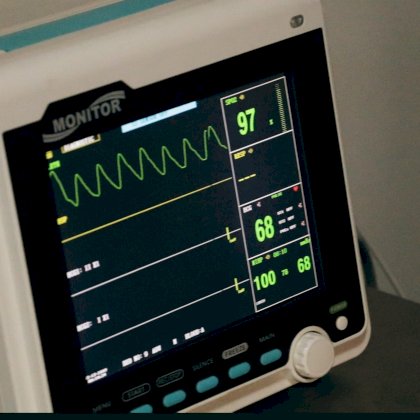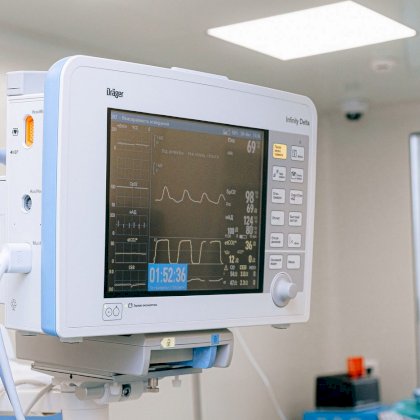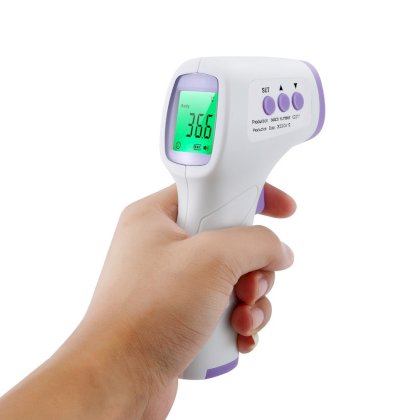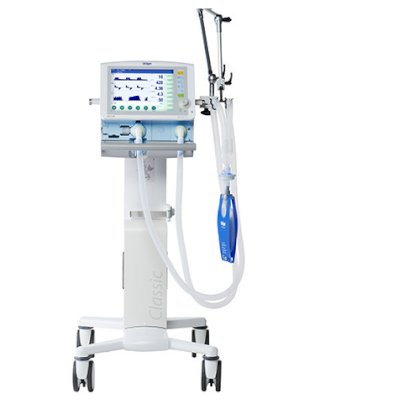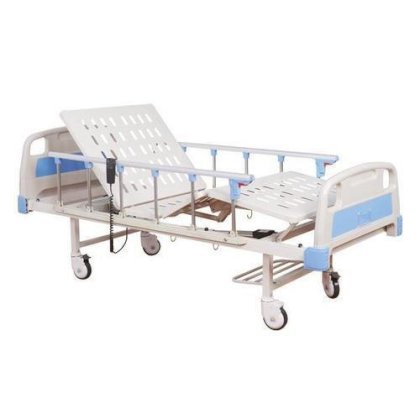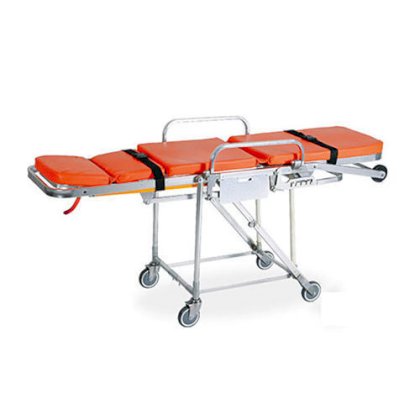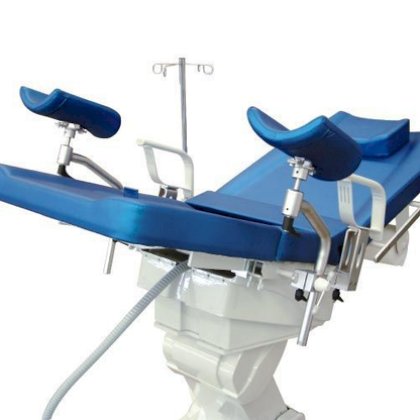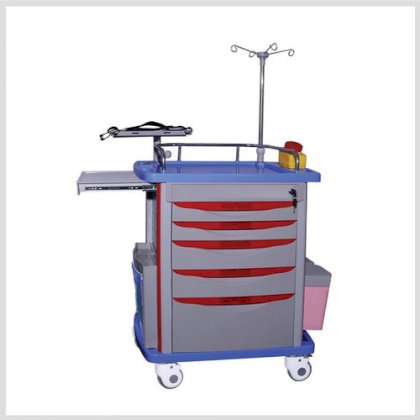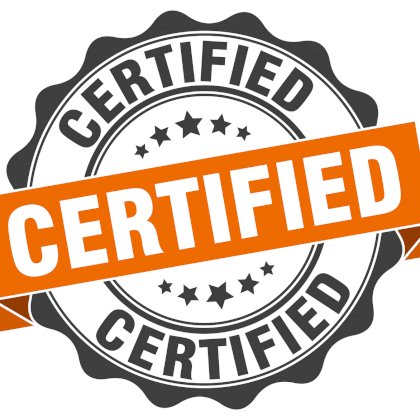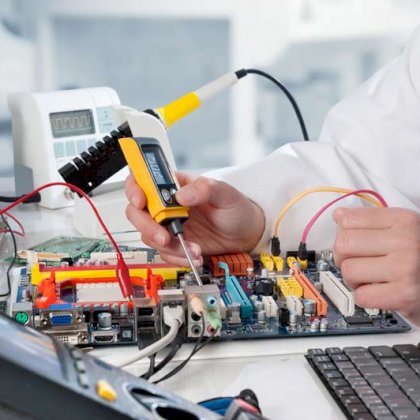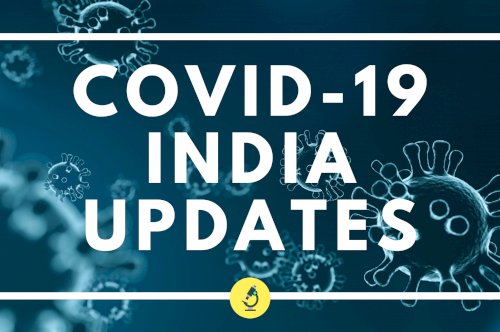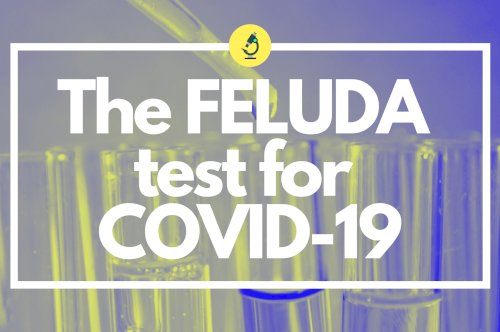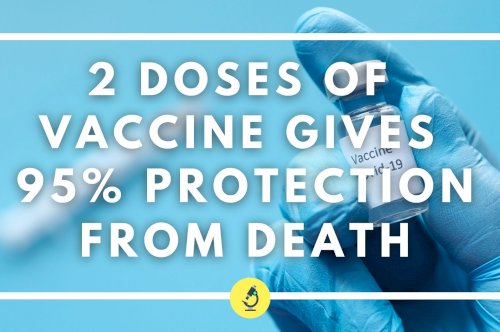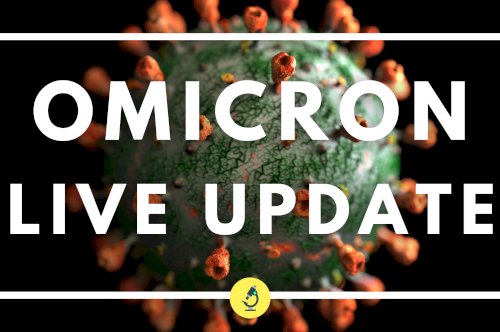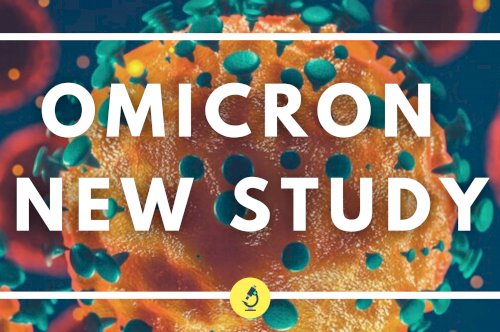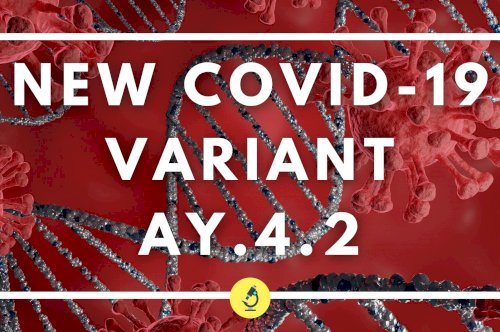Zydus Cadila’s ZyCov-D vaccine - Explained
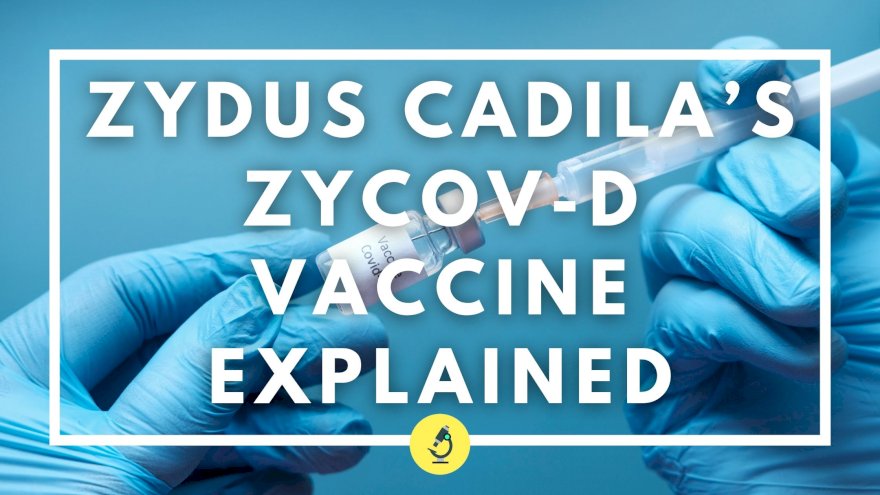
The Drug Controller General has granted emergency approval to the Zycov-D, a COVID-19 vaccine developed by Zydus Cadilla group, on Friday, making it the first vaccine in India that can be administered to adults as well as those 12 and above. It's also the only DNA-based vaccine in the world and can be administered without a needle, purportedly minimising chances of reactions.
What is the ZyCov-D vaccine, and how does it work?
ZyCov-D is a “plasmid DNA” vaccine — or a vaccine that uses a genetically engineered, non-replicating version of a type of DNA molecule known as a ‘plasmid’.
The plasmids in this case are coded with the instructions to make the spike protein of SARS-CoV-2, the coronavirus that causes Covid-19. Vaccination gives the code to cells in the recipient’s body, so they can begin making the spiky outer layer of the virus. The immune system is expected to recognize this as a threat and develop antibodies in response.
Most Covid-19 vaccines currently are given in two doses, with a couple of single-shot ones also available. ZyCov-D by contrast, will be given in three doses, with an interval of 28 days between the first and second and second and third shots.
The other unique thing about the vaccine is the way it is given. No needle is used — instead, a spring-powered device delivers the shot as a narrow, precise stream of fluid that penetrates the skin.
ZyCov-D has been developed with the support of the central government’s Department of Biotechnology and the Indian Council of Medical Research (ICMR).
How safe and effective is the vaccine?
ZyCov-D has been tested in phase 1, 2 and 3 clinical trials involving over 28,000 participants in all. A thousand of these participants were of ages between 12 and 18 years.
In December 2020, Zydus Group chairman Pankaj R Patel had said that the first two phases of the trial showed that the vaccine was “safe and immunogenic”.
According to trial data so far, the vaccine has been able to bring down symptomatic cases of Covid-19 in those who received doses by nearly 67 per cent compared with those who did not get a vaccine. This is based on 79 to 90 RT-PCR confirmed cases of Covid-19 from those vaccinated in the phase 3 trials, Zydus Cadila managing director Dr Sharvil Patel said.
Two doses of the vaccine seem to be enough to prevent people from developing severe symptoms of Covid-19 and to prevent death, while three doses keep even moderate symptoms at bay, according to trial data.
How does this vaccine fare against the Delta variant?
The large-scale phase 3 trial of ZyCov-D was conducted at 50 clinical trial sites across the country “during the peak of the second wave of Covid-19”, and the company believes that this “reaffirms” the vaccine’s effectiveness against the Delta variant of the coronavirus.
“You know that 99 per cent of all strains that have been found in sero (surveillance) tests have been the Delta variant… Our data was in the peak of April, May, and June,” Dr Patel said.
He said the company can “upgrade” ZyCov-D “if needed” to target other variants of concern and variants of interest that become more infectious or virulent in nature. The company is currently “making the constructs” to study the current effectiveness of the vaccine in neutralizing these variants.
Are there any concerns with the vaccine?
According to Dr Patel, the company has submitted data from phase 1 clinical trials of ZyCov-D, and this is “almost” ready to be published on a preprint server for peer review. It is preparing the phase 2 data for publication as well — but data from the phase 3 trial, which is still underway, will take another four to six months.
Public health activists have pointed out that little scientific evidence from the human clinical trials has been published so far on the vaccine’s safety and immunogenicity (ability to prompt an immune response).
Historically, some safety concerns have been raised about DNA vaccines, including their potential, theoretically, to integrate into cellular DNA or cause auto-immune diseases.
However, physician and vaccine researcher Dr Margaret A Liu wrote in a 2019 article published in MDPI that “To date, both pre-clinical testing and careful clinical monitoring have shown DNA vaccines to not induce or to worsen auto-immunity…”.
Zydus Cadila’s Dr Patel said DNA vaccines are “non-infectious” by nature. They do not involve the use of other potentially harmful particles like viral vectors, which minimises the risk of vaccine-enhanced diseases, he said.
What happens here onward?
The regulator will go through Zydus Cadila’s application for restricted emergency use permission (known as EUA in other countries) to check for any missing information. Thereafter, a meeting of the Subject Expert Committee (SEC) of the CDSCO will be convened. During this meeting, the company will present the data and make its case for an EUA.
Based on the data submitted and presented to them, the SEC will decide whether the vaccine should be recommended for an EUA. It will also look into details such as whether there is sufficient data to back the use of this vaccine in adolescents between the ages of 12 and 18 years, and whether there is merit to the company’s findings that two doses of the vaccine prompt an immune response that is “equivalent” to a three-dose regimen.
If cleared, by when will this vaccine be available, and what will it cost?
Zydus Cadila is setting up a new facility to manufacture up to 120 million doses a year. This would mean up to 40 million people can be vaccinated with three shots of ZyCov-D in a year.
The new facility is expected to be ready by the end of this month, and production is expected to begin by mid-August, according to Dr Patel. The company will be producing 10 million doses every month then on, and hopes to supply 50 million doses to the country by December.
The company has not yet decided on a price of the vaccine, Dr Patel said.
Source: The Indian Express
